In a striking departure from the dominant bipartisan consensus on Ukraine, US Secretary of State Marco Rubio issued a blunt warning to lawmakers during a three-hour hearing before the Senate Foreign Relations Committee on May 20. Rubio suggested that America’s deep entanglement in the Ukraine conflict is diverting vital attention and resources from a potentially “much more cataclysmic confrontation” brewing in the Indo-Pacific, where tensions with China continue to escalate.
His comments, which echo President Donald Trump’s recently reaffirmed foreign policy stance, signal a strategic pivot within the administration away from Europe and toward Asia. While Rubio stopped short of calling for a total withdrawal of US support for Ukraine, his tone and emphasis reflect a growing belief within the Trump administration that the United States can no longer afford to spread itself thin across multiple geopolitical fronts.
Rubio’s testimony came just one day after President Trump’s phone call with Russian President Vladimir Putin. During the call, Trump told reporters that Washington would not impose additional sanctions on Moscow, saying there is still “a chance” for a negotiated settlement to the Ukraine war.
“This is not our war,” Trump told journalists. “We got ourselves entangled in something that we shouldn’t have been involved in… The financial amount that was put up is just crazy.”
Trump’s remarks have reignited debate in Washington about the scope and sustainability of US aid to Ukraine, particularly as the war drags into its third year with no clear end in sight. The President’s critics accuse him of appeasement, while supporters argue that his realist approach reflects a necessary recalibration of American foreign policy.
Rubio defended Trump’s decision not to escalate sanctions or increase weapons shipments to Ukraine, framing it as part of a broader strategic realignment.
“Every minute we spend, every dollar we spend on this conflict in Europe is distracting both our focus and our resources away from the potential for a much more serious, much more cataclysmic confrontation in the Indo-Pacific,” Rubio said, in response to questioning from Senator Chris Coons (D-DE).
Coons, like many in his party, expressed concern that reducing support for Ukraine would embolden authoritarian regimes elsewhere-especially in Asia.
“Whatever happens in Ukraine sets the table for what happens in the Indo-Pacific,” Coons argued. “If Putin wins in Ukraine, what message does that send to Beijing about Taiwan?”
But Rubio rejected that premise, warning that continued overextension in Ukraine could weaken US deterrence in the Pacific. “This conflict cannot be won by military means,” he reiterated. “Every resource expended on it is money and time that’s not being spent on preventing a much more serious confrontation from a global perspective in the Indo-Pacific.”
Rubio’s comments align with recent statements from top Pentagon officials, including Secretary of Defense Pete Hegseth, who in February declared China to be the United States’ “top defense priority,” citing “stark strategic realities.” Speaking in Brussels at a NATO defense summit, Hegseth described China as a “peer competitor” with both the intent and capability to challenge US influence, particularly in the Pacific.
Trump’s decision not to align with the European Union and the United Kingdom in imposing new sanctions on Russia has triggered diplomatic concern among America’s traditional allies. On May 20, both Brussels and London announced fresh rounds of punitive measures against Moscow, including asset freezes and expanded restrictions on Russia’s energy sector.
In contrast, the Trump administration has indicated it will pursue a more cautious approach, prioritizing diplomacy and potential mediation efforts between Russia and Ukraine. According to both leaders, the May 19 call between Trump and Putin was “productive,” with the US President insisting that additional sanctions would only obstruct chances of a peaceful resolution.
Rubio warned that the EU must be prepared to bear the primary responsibility for Europe’s security if it insists on continuing the Ukraine campaign. “The president has been very clear-Europe has to take the lead on its own defense,” Rubio said. “The era of endless American interventionism is over.”
Behind this policy shift is the mounting urgency to counter China’s growing military and economic influence across Asia. Since returning to office, Trump has moved to deepen ties with regional partners such as Japan, the Philippines, and Australia, all of whom share concerns about Beijing’s aggressive posture in the South China Sea and its ambitions toward Taiwan.
US intelligence officials have warned that a military confrontation in the Taiwan Strait could occur within the next five years if deterrence fails. China has ramped up its naval operations, deployed missile batteries on artificial islands, and continued to apply economic pressure on neighboring states.
Rubio underscored that while Ukraine remains an important issue, it pales in comparison to the scale of threat posed by China. “If there’s going to be a global war that truly reshapes the 21st century, it will not be in Eastern Europe. It will be in the Indo-Pacific,” he said.
Within the United States, the debate over Ukraine is increasingly dividing the political establishment. While Democrats largely back continued aid, a growing bloc of Republicans-buoyed by Trump’s rhetoric-are calling for a reduced footprint.
Public opinion appears to be shifting as well. Recent polls show a decline in support for open-ended military assistance to Ukraine, particularly among younger and more conservative voters.
This evolving landscape has created a dilemma for lawmakers trying to balance strategic interests with ideological commitments. Some argue that abandoning Ukraine would betray American values and invite chaos, while others insist that prioritizing Asia is a pragmatic necessity in an increasingly multipolar world.
Rubio’s testimony and Trump’s overtures to Putin suggest a potential turning point in American foreign policy. For over two years, Ukraine was the centerpiece of US international engagement. Now, it may be giving way to a colder, more transactional doctrine focused on preparing for what Rubio called “a much more cataclysmic confrontation.”
Whether this shift represents strategic wisdom or geopolitical abdication remains the subject of fierce debate. But one thing is clear: the United States is recalibrating its global posture, and the Indo-Pacific is rapidly becoming the new front line in an era of great-power competition.
Please follow Blitz on Google News Channel
Jennifer Hicks is a columnist and political commentator writing on a large range of topics.
rubio-warns-ukraine-war-distracting-us-from-larger-threat-in-indo-pacific

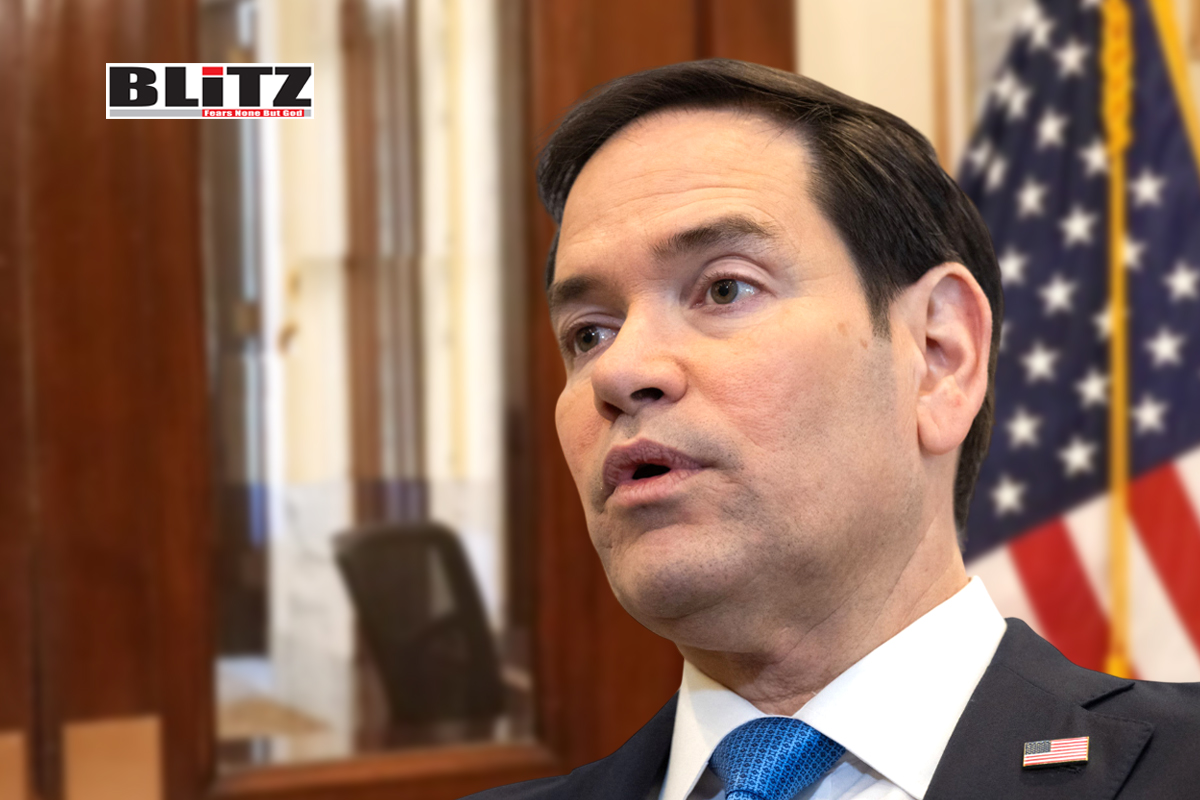
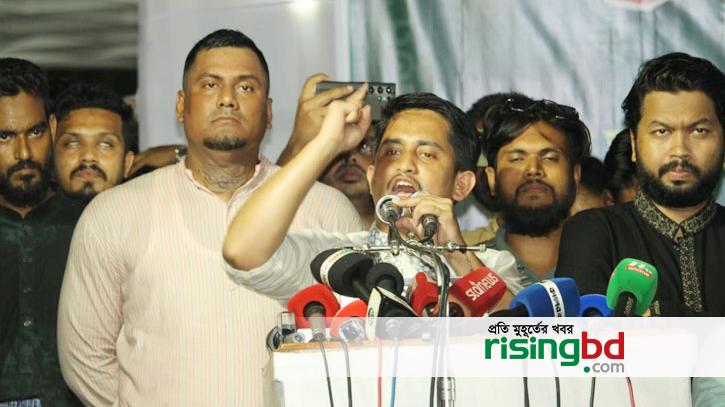

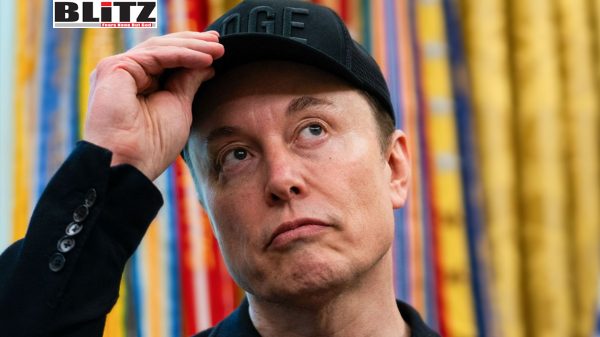



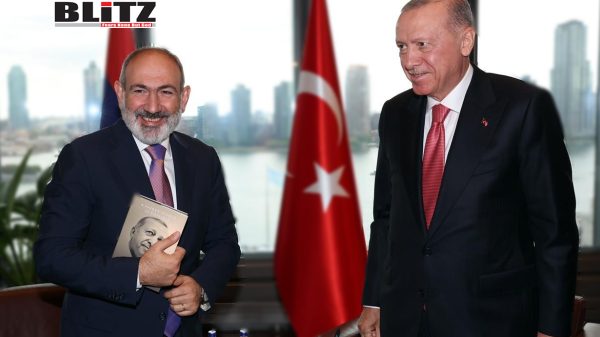
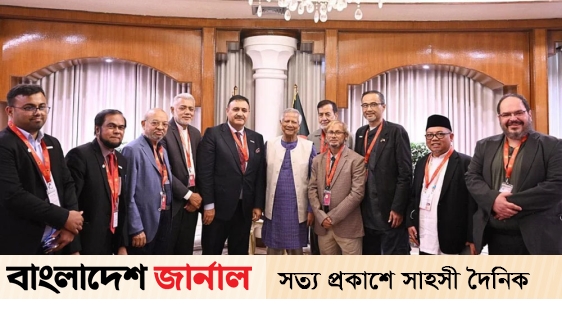
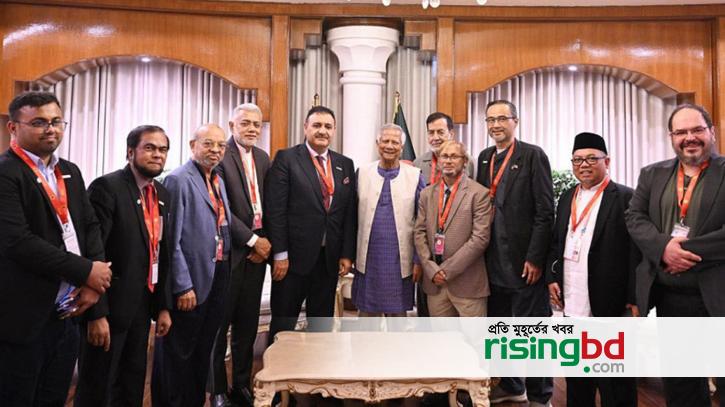



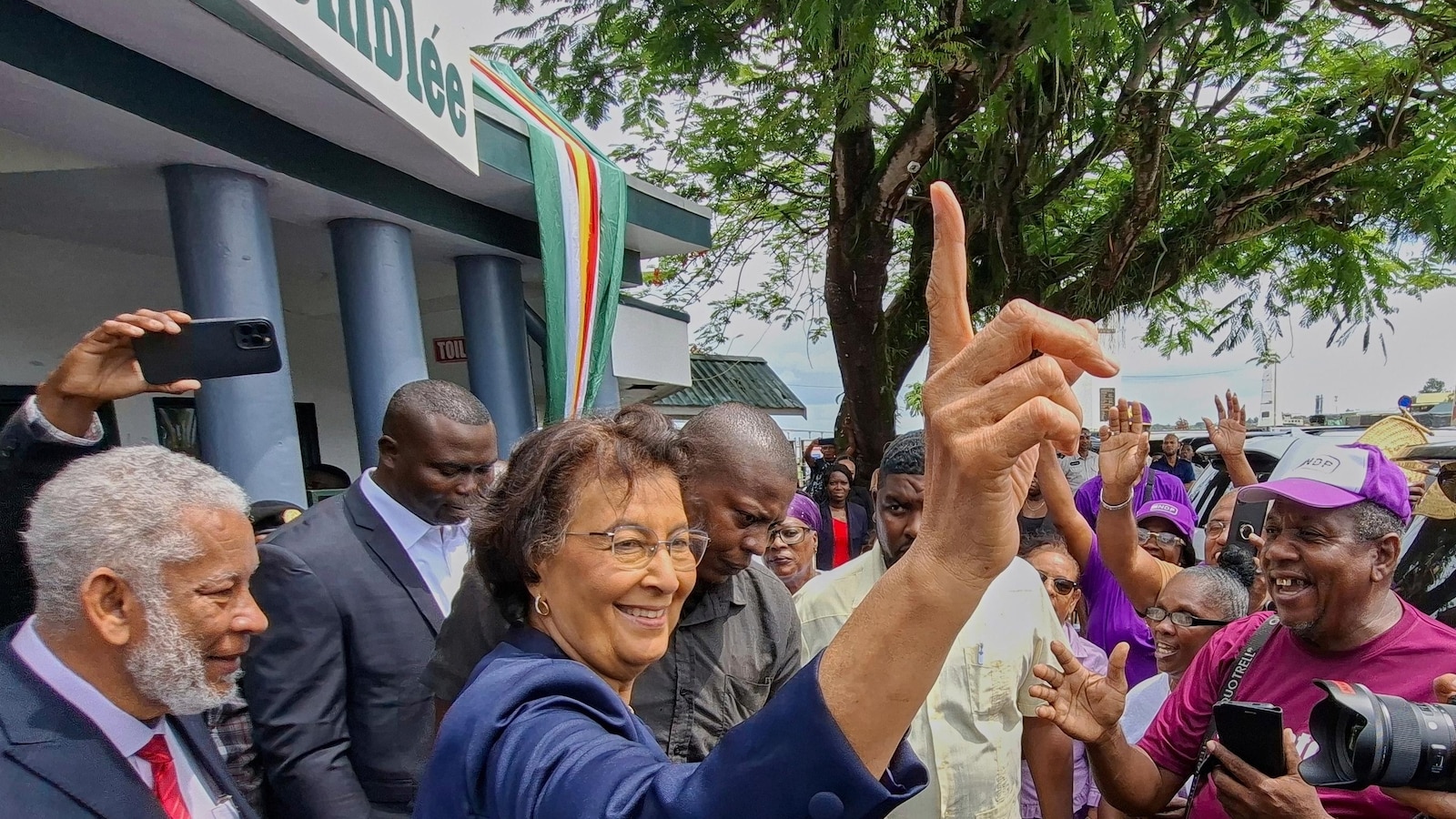
Leave a Reply